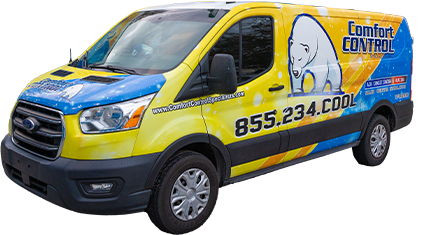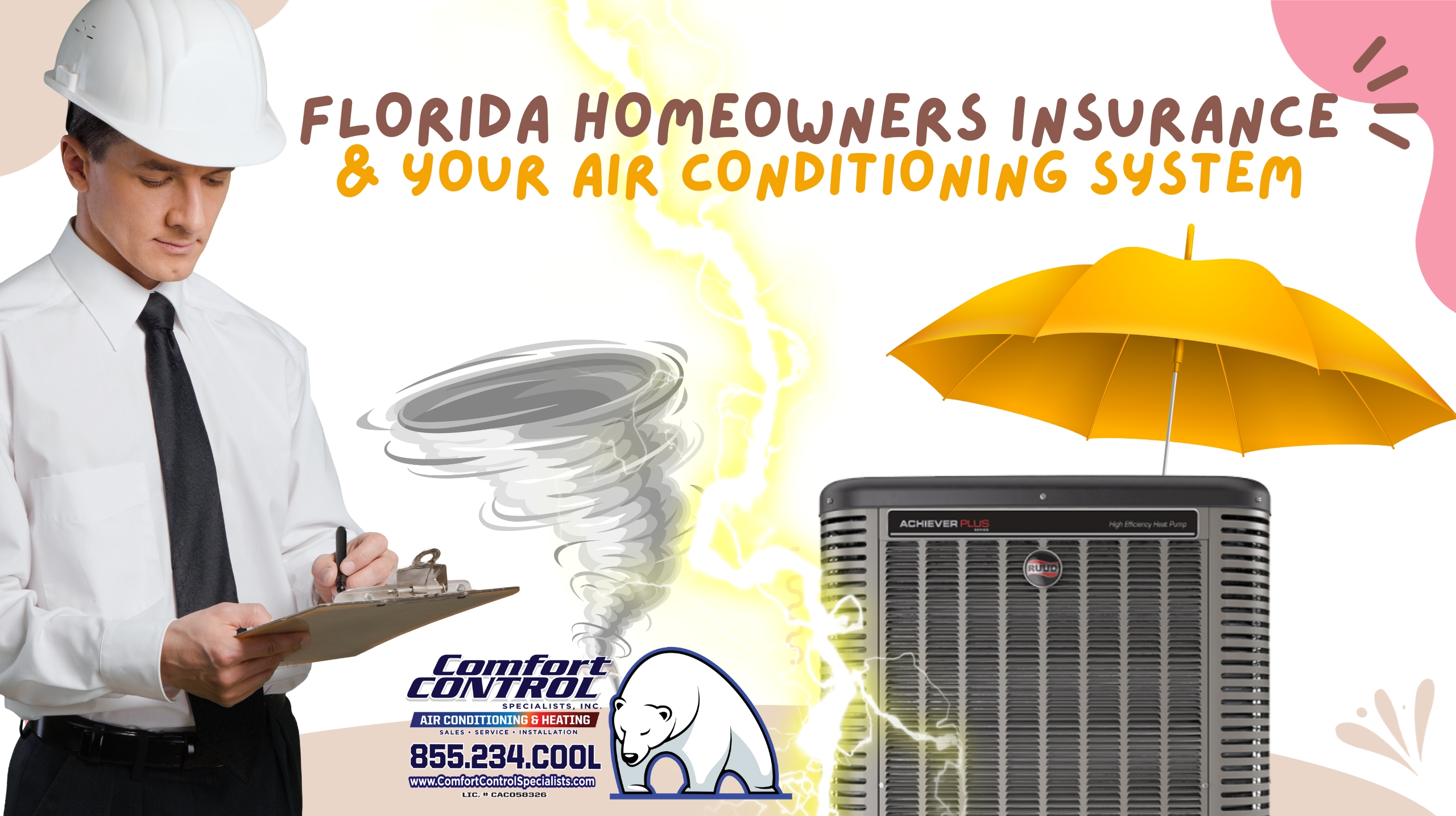[vc_row][vc_column][vc_column_text]
Homeowners Insurance in Florida: Hurricane Season Coverage and Your Air Conditioning System
Florida, known for its sun-kissed beaches and lush landscapes, is unfortunately equally renowned for its vulnerability to hurricanes. The state’s location makes it a hotspot for these devastating storms, especially during the hurricane season, which spans from June to November. This heightened risk makes homeowner insurance in Florida uniquely vital. Understanding what is and isn’t covered can make a significant difference when disaster strikes. This article delves deep into the intricacies of homeowner insurance during hurricane season, with special attention given to air conditioning systems – an essential component for comfortable living in the Sunshine State.
Understanding Homeowner Insurance in Florida: An Overview
Homeowner insurance in Florida, as per the official guidelines set by the Florida Office of Insurance Regulation, typically covers damage to the dwelling (house), personal property (belongings), and provides liability coverage should someone be hurt on your property. However, because of the state’s vulnerability to hurricanes, policies here often have specific clauses or exclusions related to hurricane-related damage.
Hurricane Deductibles
The Florida Department of Financial Services mentions that most Florida homeowner insurance policies include a separate deductible for hurricane-related damage. This hurricane deductible is calculated as a percentage of the dwelling’s insured value, not as a flat amount. Depending on the insurance provider and the specifics of the policy, these deductibles can range from 2% to 10%. For instance, if a home insured for $250,000 has a 2% hurricane deductible, the homeowner will be responsible for covering the first $5,000 of hurricane-related damage.
Coverage for Windstorm Damage
Wind damage, a common consequence of hurricanes, is generally covered under standard homeowner policies in Florida. This includes damage to the primary structure, roofs, windows, and detached structures. However, homeowners are advised to review their policies and consult with their insurance agents to determine any limitations or exceptions.
Personal Property Protection
While homeowner insurance does protect personal property, there might be limits on certain high-value items. In the aftermath of a hurricane, if personal items inside the home like furniture, electronics, or clothing are damaged, the insurance may provide coverage. However, for more expensive belongings like jewelry or collectibles, additional riders or endorsements may be necessary.
The Critical Exclusion: Flooding and Storm Surges
One of the most significant misconceptions about homeowner insurance in Florida is the assumption that flooding or storm surges from hurricanes are covered. As per the U.S. Government’s official flood insurance program site, standard homeowner policies do not cover flood damage. This includes flooding that arises due to a hurricane. For such coverage, a separate flood insurance policy, often available through the National Flood Insurance Program (NFIP), is essential.
Additional Living Expenses and Liability Coverage
If a hurricane makes a home uninhabitable, many insurance policies, based on official guidelines, offer compensation for “additional living expenses.” This can cover the costs for temporary accommodation, meals, and essential daily expenses. Additionally, if someone sustains injuries on your property due to hurricane-induced conditions (like a fallen tree branch), liability coverage can address medical and legal costs.
Specific Focus: Insurance and Your Air Conditioning System
In Florida, the air conditioning (AC) system isn’t a luxury; it’s a necessity. During the sweltering summer months, and especially post-hurricane when power may be restored but windows must remain sealed against rain and winds, a functioning AC can be a lifeline. Here’s what you need to know about insurance coverage for AC systems:
- Coverage for the AC unit: Most standard homeowner policies in Florida provide coverage for the AC unit under the dwelling protection if it’s considered a part of the home’s structure. This means if your AC unit is damaged due to a windstorm or flying debris during a hurricane, it should be covered. However, if the AC is a window unit or considered personal property, the coverage may come under the personal property segment of the policy.
- Exclusions to be aware of: Damage resulting from flooding, storm surges, or water backup is not covered in a standard homeowner policy. So, if the AC system malfunctions due to rising floodwaters, it won’t be covered unless you have a separate flood insurance policy.
- Wear and Tear: Insurance typically doesn’t cover damage resulting from wear and tear or poor maintenance. If an inspection reveals that the AC damage was pre-existing or due to neglect, the claim might be denied.
- Reimbursement specifics: There are two primary methods through which insurance might reimburse AC damage – Replacement Cost Value (RCV) or Actual Cash Value (ACV). RCV covers the cost to replace the damaged AC unit with a brand-new one, while ACV provides reimbursement for the AC’s current market value, factoring in depreciation. Always check which one your policy adheres to.
- Mitigative measures can help: Having hurricane straps, protective cages, or elevated platforms for outdoor AC units can not only protect them from hurricane-related damage but might also earn you premium discounts or better coverage terms. Insurance companies often favor homeowners who take proactive steps to minimize risk.
Navigating Claims After a Hurricane
After a hurricane, homeowners should act promptly:
- Document Everything: Capture photographs or videos of all visible damage, including that of the AC system. This documentation aids in the claims process.
- Contact Insurance Promptly: Reporting damage as soon as possible ensures quicker response times.
- Take Preventative Steps: Cover broken windows, tarp damaged roofs, and protect the AC unit from further damage. Store any parts that have broken off as evidence.
- Work with Adjusters: Cooperate with insurance adjusters who visit to assess the damage. Their reports significantly influence claim outcomes.
Conclusion
While Florida offers a unique blend of sun and sea, its susceptibility to hurricanes necessitates comprehensive insurance coverage for homeowners. By understanding what’s covered, especially focusing on critical components like the AC system, homeowners can weather the storm with a semblance of financial and logistical security. Regular reviews of insurance policies, combined with consultation with industry professionals, can make the hurricane season more manageable.
More information on exact insurance regulations can be found here:
https://www.floir.com/sections/pandc/homeowners/default.aspx
Disclaimer: This article is for reference purposes only. Given everyone’s individual insurance situation is different, you should seek professional guidance when researching, purchasing, or looking for advice on your insurance policy.
If you live in The Villages, Odessa, Keystone, Spring Hill, Tarpon Springs, Land O Lakes, Oldsmar, Brooksville, or the surrounding areas, please don’t hesitate to contact the Comfort Control Specialists for a comprehensive AC inspection and tune-up or AC repair.[/vc_column_text][/vc_column][/vc_row]



